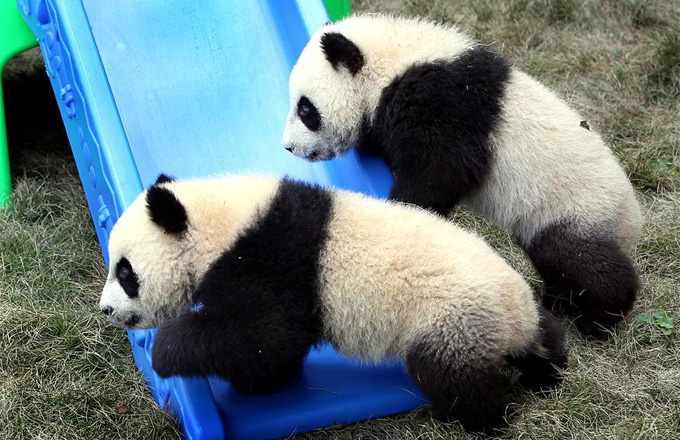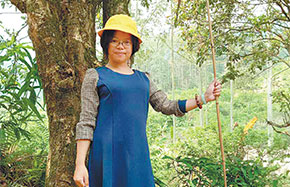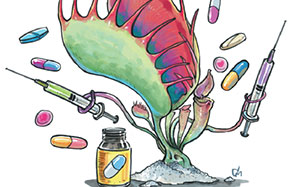Bio journal retracts 107 Chinese research papers
Fake peer reviews cited; uproar reignites questions of credibility
An international medical journal's retraction of 107 research papers from China, many of them by clinical doctors, has reignited concerns over academic credibility in the country.
Tumor Biology, a journal published by Springer Nature, announced last week that it had retracted the papers after an investigation showed the peer review process had been compromised.
"The articles were submitted with reviewer suggestions, which had real researcher names but fabricated email addresses," Peter Butler, editorial director for cell biology and biochemistry at Springer Nature, told Shanghai-based news website The Paper.
"The editors thought the articles were being sent out to genuine reviewers in the discipline," he said. "Following our investigation and communication with the real reviewers, they confirmed they did not conduct the peer review."
Peer review is an evaluation of work by one or more people of similar competence to those who produce the work, which helps validate research.
The online notice about the retraction lists all 107 articles and 524 authors, nearly all of whom are clinical cancer specialists from China. The hospitals named are all top public institutions.
A Beijing cancer specialist who didn't want to be named said on Sunday that although there is no excuse for compromising scientific credibility, the incident reveals a widespread dilemma facing Chinese physicians who struggle to strike a balance between overloaded daily work schedules and academic requirements, primarily publishing papers to secure professional development and promotion.
"How many patients do Chinese doctors see a day? It can be more than 50," he told China Daily. "How can we have the time and energy to do research or publish papers?"
For those outside the scientific community, the response to the retraction has been mixed.
"Hard to believe so many doctors lied in the papers. Can patients still trust them to help us treat diseases?" wrote one Sina Weibo user.
However, others argued that doctors' hands may be forced by an unfair system. "As a patient, I'm more concerned about whether they can cure my illness rather than how many papers they've published," another netizen said.
Wang Chunfa, executive secretary of the China Association for Science and Technology, has expressed deep concern over the retraction, which came just days after he met in Beijing with Arnout Jacobs, the head of Springer Nature for Greater China.
In that meeting, he told Jacobs that such problems would decrease, as China is reforming its management system in science and technology, according to a statement by the association on Friday.
Wang said the journal and authors had an unavoidable responsibility in the latest scandal, with the statement adding that Tumor Biology had retracted papers over similar concerns about the peer review process in 2015.
Verification and evaluation should be enhanced before publication, Wang said.
Jacobs vowed at the meeting to improve management and cooperation with the association to enhance the credibility of the science. He stressed the publisher was not targeting China, as it had also retracted papers by experts from other countries, the statement said.

























